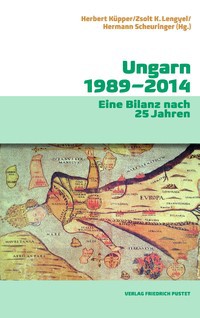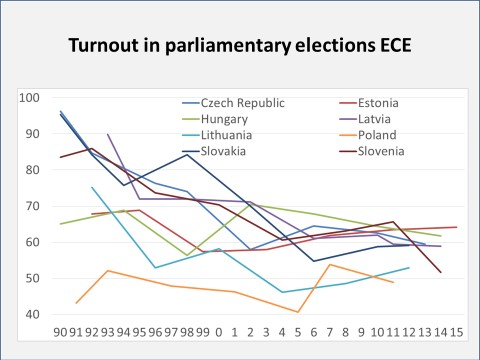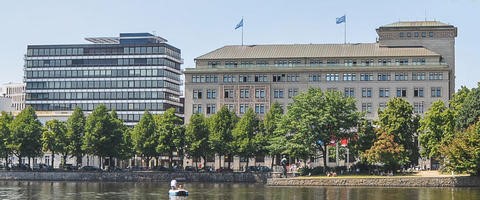Presentation at the Conference “Disintegration and integration in East-Central Europe“, Faculty of European Studies, Babeș-Bolyai University Cluj-Napoca, 26-27 October 2017
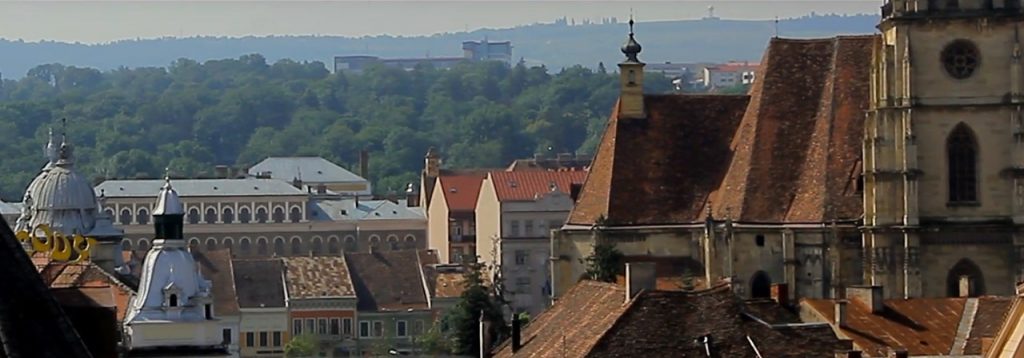
The subsequent economic and refugee crises have questioned the promise of prosperity and security associated with European integration. Governments in East-Central and Southeast Europe struggled to bridge between the diverging policy expectations of voters on the one hand, international economic and political actors on the other. The weakened credibility of mainstream political parties provided opportunities for populist and anti-establishment mobilization. While these crisis-induced influences have been similar in all countries of the region, the extent to which populist challengers have been able to win elections and implement their preferred policy preferences has varied significantly across countries.
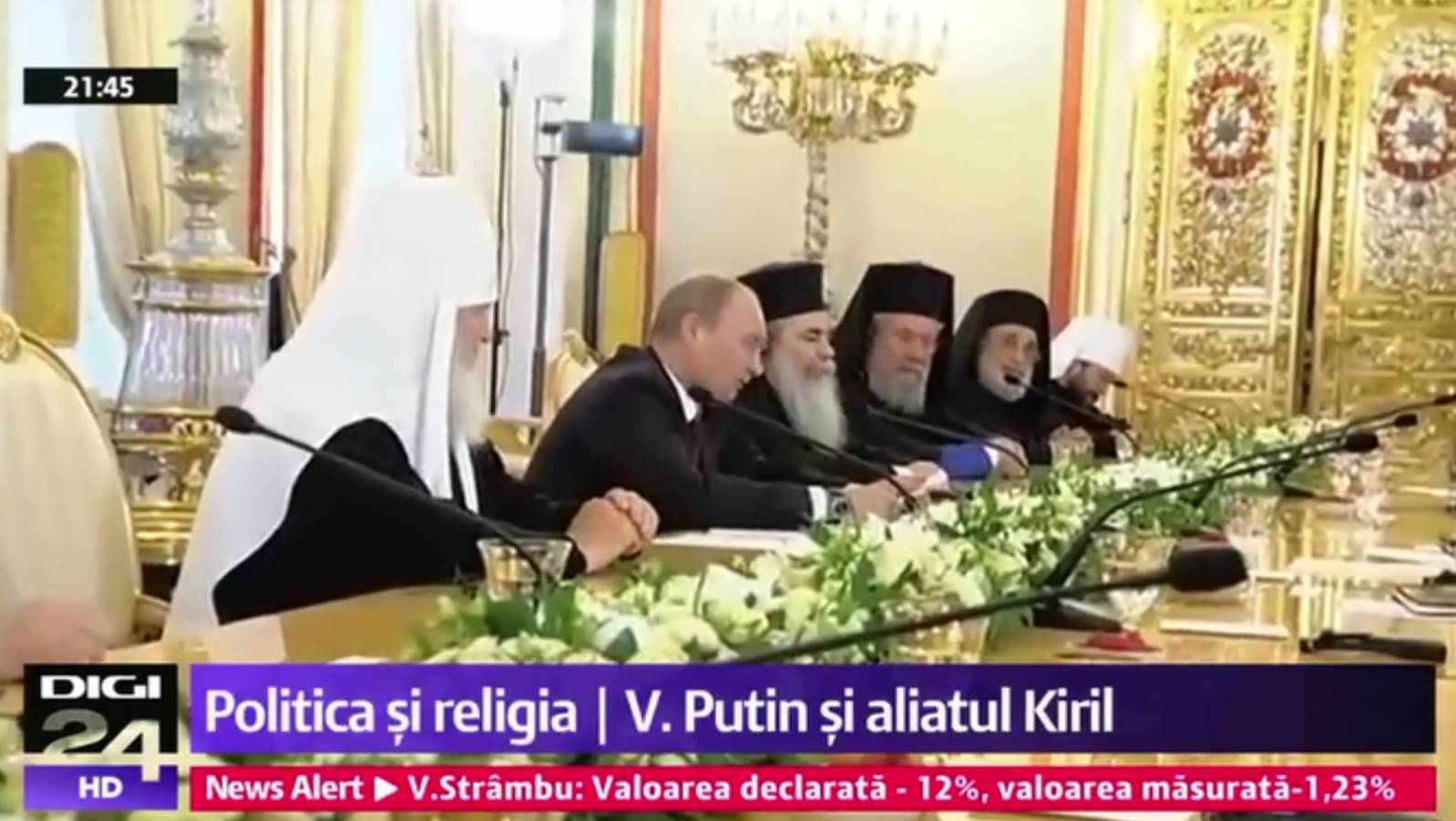 More frequent references and appeals to shared religious beliefs in recent years reflect the growth of right-wing populism, uncertainties caused by the crisis of European integration and fears regarding the inflow of predominantly Muslim refugees. The extent to which religious references are made in political discourses also varies according to the strength of religious allegiances and the respective influence of churches in societies. Contemporary resonance structures are rooted in state identities and the influences of historical state-building coalitions with churches.
More frequent references and appeals to shared religious beliefs in recent years reflect the growth of right-wing populism, uncertainties caused by the crisis of European integration and fears regarding the inflow of predominantly Muslim refugees. The extent to which religious references are made in political discourses also varies according to the strength of religious allegiances and the respective influence of churches in societies. Contemporary resonance structures are rooted in state identities and the influences of historical state-building coalitions with churches.